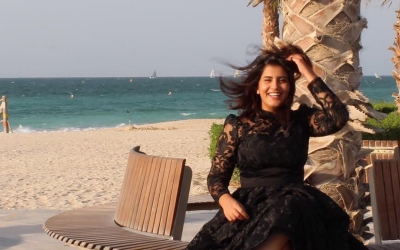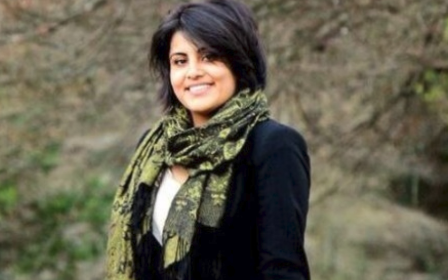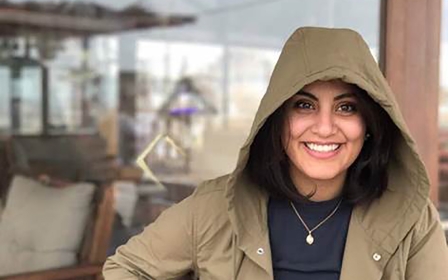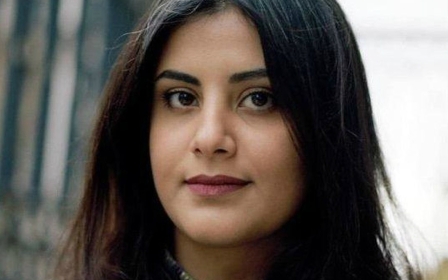Loujain al-Hathloul, the Saudi activist who has put women's rights on the map
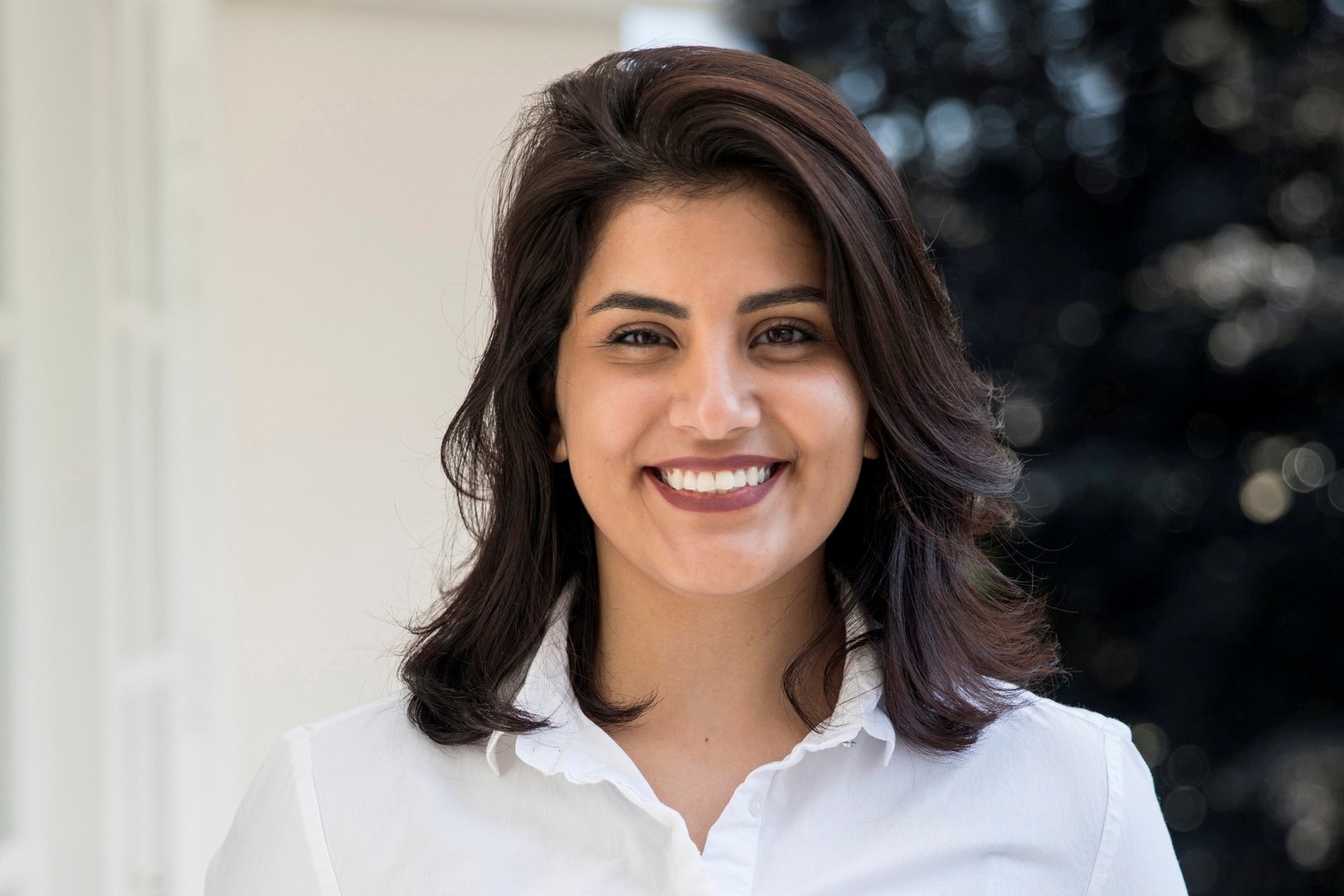
Loujain al-Hathloul was just 25 years old when she first encountered the hard fist of Saudi Arabia's authorities.
It was 2014, and a video of her attempting to drive her car into the kingdom from the neighbouring United Arab Emirates, in contravention of a ban on women driving, was making waves across social media.
Held up at the border, Hathloul tweeted: "I have been at the Saudi border for 24 hours. They don't want to give me my passport nor will they let me pass."
When her tweets stopped, it soon became clear to her family and friends what had happened. Her subsequent 73 days in detention would not be her last.
A year earlier, the graduate in French literature had taken part in an online campaign against the ban, posting a video of herself driving home from Riyadh airport.
Months later, she posted a video of her face and hair uncovered, flouting the kingdom's rules regarding women's dress.
Today, as the activist is sentenced by a Saudi terrorism court to five years and eight months in prison, Hathloul's face is famous across the world.
Undeterred
The daughter of a family from Qassim, one of the kingdom's most conservative regions, Hathloul spent several years in France as a child and resolved in college to fight for the rights of Saudi women.
After a spell studying in Canada, she returned home in 2013, and within days had turned into a social media sensation, as the figurehead of the campaign "Women's driving is a choice, not a requirement".
Undeterred by her imprisonment, Hathloul in 2015 stood in local elections, the first to allow women both to stand and vote, but was barred.
She then moved to the UAE for postgraduate studies at the Sorbonne University's Abu Dhabi campus, but even there she could not escape the long arm of Saudi authorities.
In March 2017, she was pulled over by security officers while driving, put on a plane and transferred to a prison in Riyadh, before being released.
Her detention in May 2018 came amid a crackdown on critics or perceived opponents of Crown Prince Mohammed bin Salman. It also coincided with liberalisation reforms spearheaded by the crown prince, including some related to women's rights.
Indeed, the Saudi government announced in September 2017 that the ban on women driving was going to be removed the following June.
But while Mohammed bin Salman marketed himself as a beacon of social progress, Hathloul and other women's rights activists were being held in the bowels of Dhabhan Central Prison in Jeddah, where they were reportedly beaten, waterboarded, given electric shocks, and threatened with rape and murder.
With reports of her mistreatment emerging weeks after the slaying of journalist Jamal Khashoggi by a Saudi hit squad inside the kingdom's consulate in Istanbul in October 2018, Amnesty International said Hathloul's treatment exposed "further outrageous human rights violations by the Saudi authorities".
In November 2018, Hathloul's then-husband, standup comedian Fahad al-Butairi, was arrested while in Jordan, blindfolded and put on a plane for Saudi Arabia, where he remains in prison to this day.
The couple have divorced, with some accounts alleging because of pressure the government placed on the husband, a YouTube sensation in his own right.
Crushing free spirits
At her first trial session on 13 March 2019, Hathloul was charged with promoting women's rights, calling for the end of the male guardianship system, and contacting international organisations, including Amnesty International. The United Nations has since called the charges "spurious".
In recent months, Hathloul has become a cause celebre and was nominated for the 2020 Nobel Prize. In a rare move, 30 countries rebuked Saudi Arabia before the UN Human Rights Council in September for the continued detention of Hathloul and other women's rights activists.
'Her continued detention and torture are a testament to the authorities' willingness to do everything in their power to silence, humiliate, and crush free spirits like hers'
- Ines Osman, MENA Rights group
Ines Osman, director of Geneva-based MENA Rights group, said the activist "embodies the courage and determination of Saudi human rights defenders who dedicated their lives to demand freedom and equality".
"Her continued detention and torture are a testament to the authorities' willingness to do everything in their power to silence, humiliate, and crush free spirits like hers," Osman said in a statement to MEE.
"It is also a testament to their weakness. She, alongside many others, scares them. But by seeking to silence her, they have done the exact opposite. Thousands have made the fight for her freedom."
Middle East Eye delivers independent and unrivalled coverage and analysis of the Middle East, North Africa and beyond. To learn more about republishing this content and the associated fees, please fill out this form. More about MEE can be found here.


